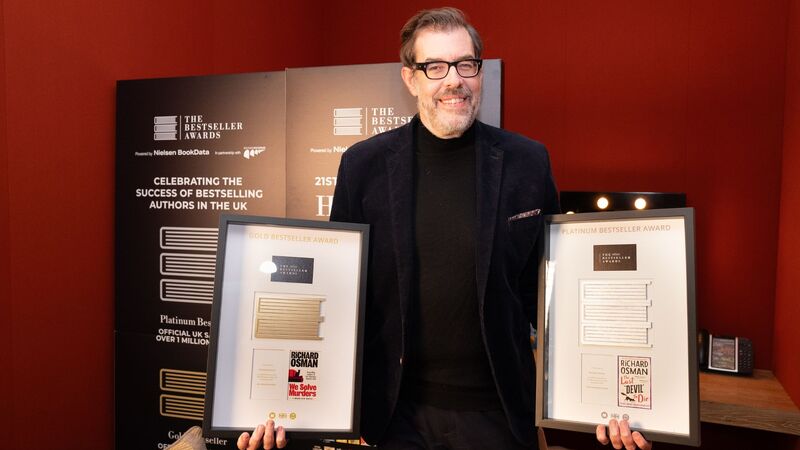You are viewing your 1 free article this month. Login to read more articles.
PA launches guidance on author data collection
The Publishers Association has released guidance for publishers seeking to collect data about the protected characteristics of authors, illustrators and translators after a report found many companies were reluctant to engage in diversity auditing.
The toolkit, prepared by independent researchers after consultation with publishers, includes guidance on creating and sending out an author questionnaire, along with template questions aimed at gathering information about ethnicity, gender, gender identity, sexual orientation, disability and socio-economic class.
An accompanying report showed that many companies had not begun diversity auditing; several publishers had been reluctant to undertake audits on ethnicity of their authors due to fears of “getting it wrong”.
Publishers said they were keen to share best practice and work towards consistency across the industry. There was widespread recognition that the collection of this information, with authors’ consent, was important to understand diversity of output.
The report authors, independent researchers Emma Shercliff and Maiya Grant, conducted a literature review, gathered information about current practices and interviewed publishers. They made four recommendations, including one that an annual survey should be undertaken, coordinated by the PA, with the results published. The authors recommended sharing the toolkit across the industry.
Stephen Lotinga, c.e.o. of the Publishers Association (pictured), said: “Building on the work we have done to survey the publishing workforce, we wanted to examine how similar data about authors, illustrators and translators might be collected in accordance with best practice.
“Of course, data collection is only a small part of the much wider ambition to accelerate the creation of a more diverse and inclusive industry. But it has a part to play. Measurement and the accountability and transparency that comes with that are important. This is an area where collaboration and sharing best practice are vital. We hope that the toolkit proves to be a useful resource for the industry.”
The report and toolkit can be accessed online.













